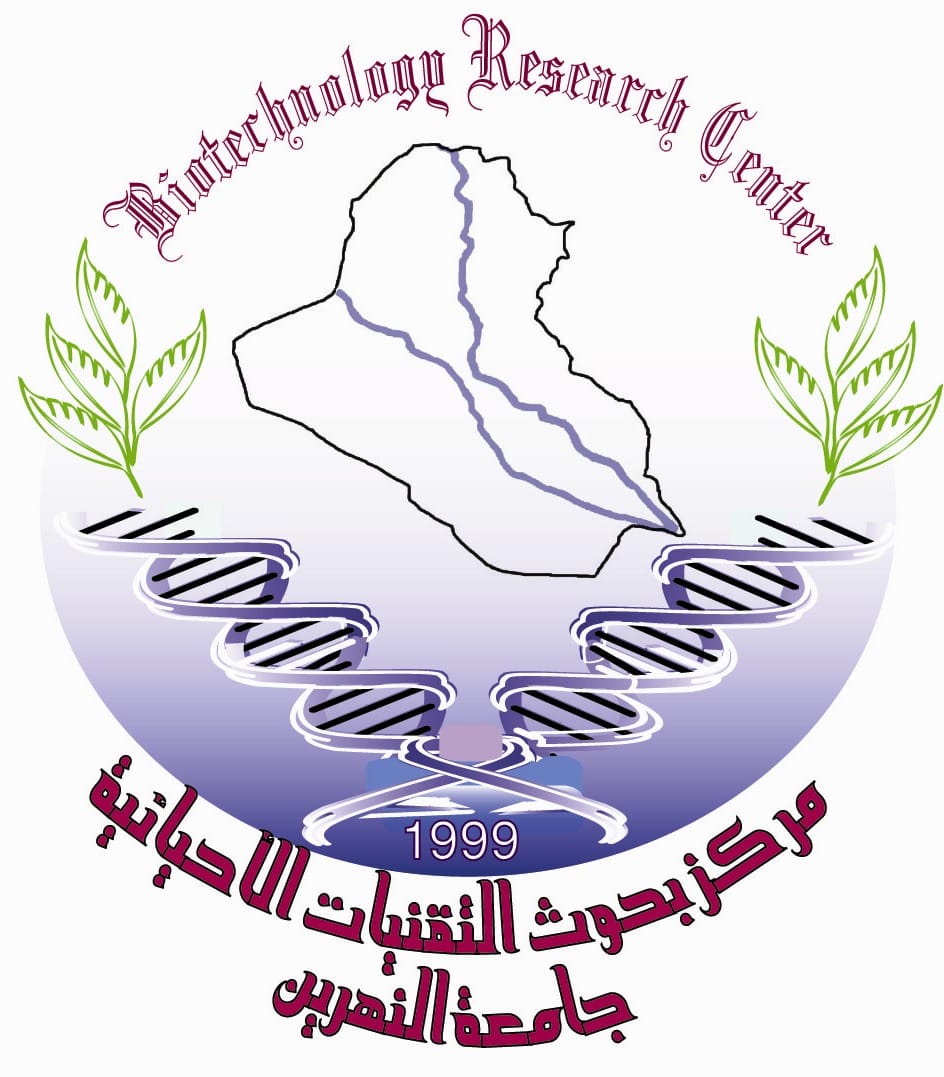Human Remains detection after Suicide Bombing by STR Analysis
DOI:
https://doi.org/10.24126/jobrc.2021.15.1.602Keywords:
Suicide, Bombing, Najaf, Forensic, STR, Human remain detection, DNA analyzingAbstract
Following suicide bombing, human remains usually collected for DNA identification. Human remains affected due to exposure to excessive heat and bomb solid, sharp pieces. The aim of this work is to study the possibility of DNA analyzing of human remains after suicide bombing. Fifteen human remains were received from a place of suicide bombing in Najaf City south of Iraq. The remains were severely affected and cannot recognize morphologically or as it is human or animal origin. DNA extracted from remains by organic method, then quantified by real time PCR kit then analyzed by Powerplex 21 kit using 3130XL Genetic Analyzer. The results showed that seven remains where analyzed successfully while the other remains failed for analysis for both real time PCR quantification or STR analysis. Four remains belong to two persons. This study showed that suicide bombing affects negatively the most remains for STR analysis.
Downloads
How to Cite
Issue
Section
License
This is an Open Access article distributed under the terms of the creative commons Attribution (CC BY) 4.0 license which permits unrestricted use, distribution, and reproduction in any medium or format, and to alter, transform, or build upon the material, including for commercial use, providing the original author is credited.











